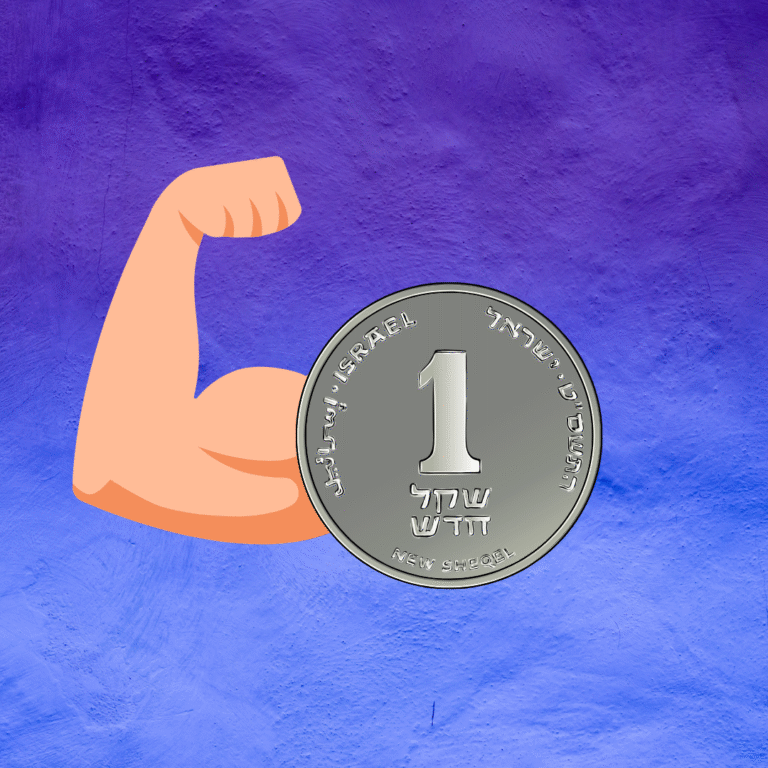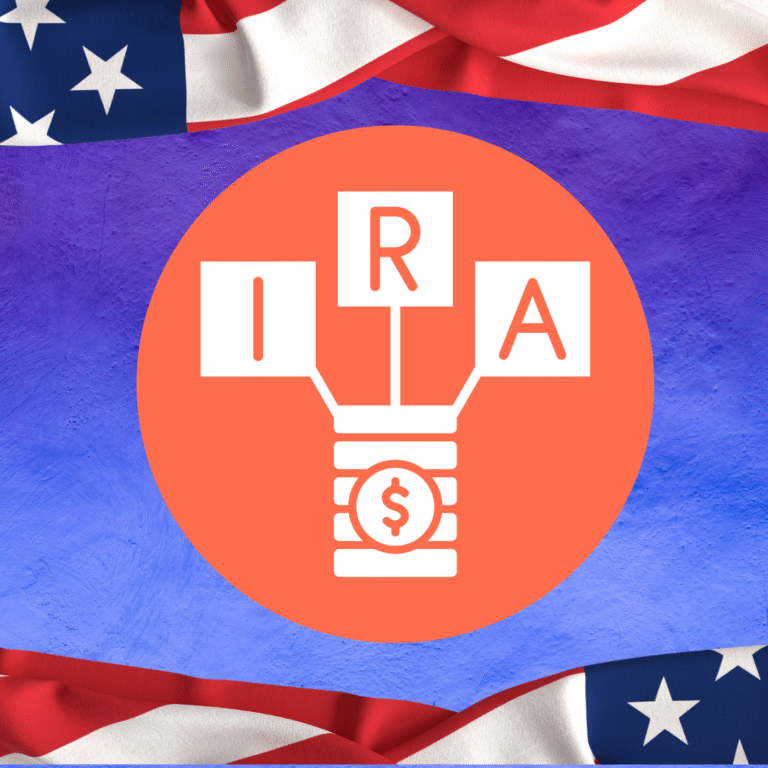

This blog was originally published by Hait Family Law.
No two divorces are the same from a financial perspective. When it comes to US persons living overseas, the domicile of the divorcing couple (i.e. likely future ex-couple), leads to extra layers of complexity. We assume for the purposes of this article that the divorcing couple are both US citizens living in Israel, will divorce under Israeli law, and have US-domiciled investment accounts.
US custodians (i.e. the financial institution which holds your investment assets) will accept translated Israeli divorce decrees. Asset transfer for taxable accounts is straight-forward, so we will focus here on retirement accounts, such as 401k plans and IRAs.
The first question is whether for your liquid and retirement assets, your custodian or bank insists that you go into the branch in the US to effect the changes agreed to in the divorce agreement. Traveling with your “future-former” overseas is most likely the last thing you want to do during the divorce process.
In following, we suggest here to transfer assets to a custodian (and if appropriate an investment advisor), which will allow you to process everything from outside the US. Certain US custodians allow for the asset transfer process to be performed remotely.
The second more pressing question is, if you divide all liquid assets equally between the divorcing spouses, does it make sense to divide the retirement assets equally as well?
The answer is not necessarily. One will want to take taxes into account, and to avoid time-consuming and/or costly administration processes.
One can always make small adjustments to account for future taxes in the divorce agreement – it is simply a matter of doing the correct math and focusing on an equitable rather than an equal asset division.
The main culprit of administrative nightmare is:
The US Qualified Domestic Relation Order (QDRO), which is necessary when splitting a 401k plan. It is a process that goes through state courts and will necessitate the involvement of a local lawyer (i.e. in the US state) and can take 4-6 months.
Please note that a QDRO is not required for the splitting of an Individual Retirement Account. So where possible, try to roll over assets into an IRA (if you no longer work at the company, or if the company 401k plan allows you to roll over to an IRA as an in- service rollover). If this is not possible then we suggest to come to an equitable financial agreement where there is no need to divide up the 401k plan.
Here are a few examples
A. Husband has $400k in a 401k plan, and $400k in an IRA. The wife has a $200k IRA. Total assets are $1 million. There will be an equal split, so the wife is owed $300k. We would recommend that the husband transfer to her $300k of his IRA, keep his entire 401k and not involve the QDRO process.
B. Couple divorce – husband has a Roth IRA and a regular IRA of equal size. He stays in the US and ex-wife to be moves to Israel (which occurs more amongst returning Israelis than Americans making Aliyah – as the ex-wife to be wants to come back to her family).
In this case, assuming the numbers work, it may make sense for the husband to keep the Roth IRA and give the wife the regular IRA, both in their entirety, because unlike the US the Roth IRA may be taxed in Israel upon future distribution
C. True story. Divorcing soon to be ex-couple both reside in Israel. Husband has majority of assets in 401k plans at companies he no longer works for, plus IRAs at a large custodian that requires their physical presence in the US to affect the transfer.
We assumed the role of financial advisor and rolled the 401 plans into an IRA for the husband. There are no tax consequences for 401k rollovers if performed in a timely manner (less than 60 days), We then opened an IRA for the soon to be ex-wife, and then affected the asset split per the divorce agreement.
We understand that there may be situations where a QDRO may not be avoided. In any event we suggest using your financial advisor to work out the numbers. He or she is a dispassionate party in an emotional process, who may have some creative ideas that could minimize stress.
Norman H. Chait, CFA is Managing Principal of Nardis Advisors LLC, a US Registered Investment Advisor, focusing on the US expat community, especially in Israel. He is a former lawyer, who made Aliyah twice and has helped numerous clients through their divorces.
Disclaimer: Nardis Advisors LLC (“Nardis”) is a Registered Investment Advisory Firm regulated by the U.S Securities and Exchange Commission in accordance and compliance with applicable securities laws and regulations. Nardis does not render or offer to render personalized investment advice through this medium. The information provided herein is for informational purposes only and does not constitute financial, investment or legal advice. Investment advice can only be rendered after delivery of the Firm’s disclosure statement (Form ADV Part 2) and execution of an investment advisory agreement between the client and Nardis.






